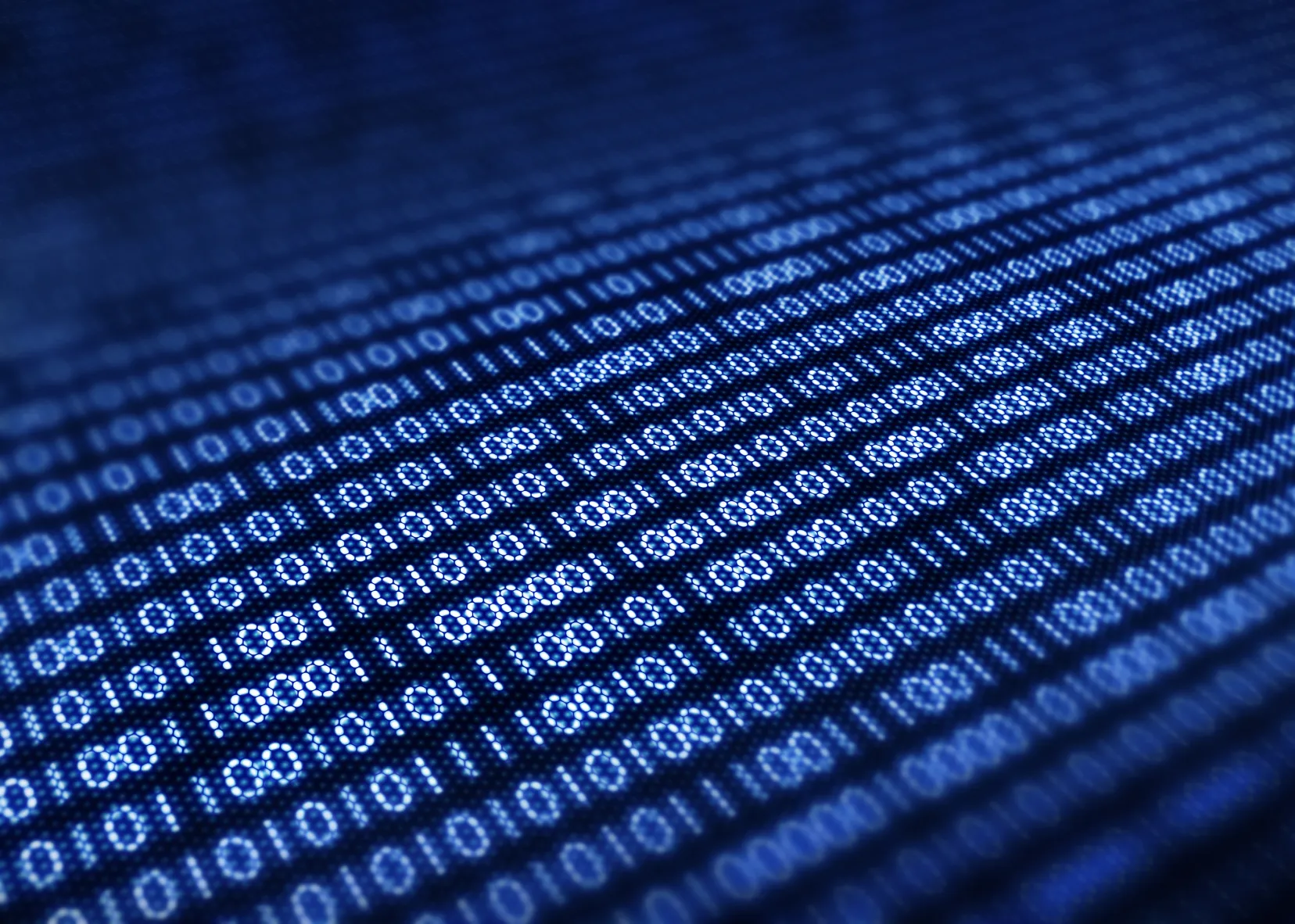Research Areas
Our goal is to integrate the achievements in the fields of engineering, mathematics, and computer science into problem-solving and system development. The Institute's traditionally open intellectual environment can maintain that internal bridge which connects theoretical fundamental research to prototype development, applications, and system integrations.
Computer Science
The chief objective here is to provide foundations for business intelligence, search and organization of multimedia contents, data mining of the Web and, more generally, identifying, defining and solving extremely large scale information processing tasks in other science areas, in particular, recognizing, mining, and exploring patterns and regularities hidden in large volumes of data. A characteristic feature of their approach is a strong collaboration of engineers and mathematicians. Their research leverages the synergies of several interrelated fields, including the theory of algorithms and databases with emphasis on new parallel hardware architectures, data mining, information retrieval, machine learning, and large (extremal) graphs.
Systems and control theory
Research in this field addresses various subjects of systems modelling and identification, theory of adaptive and robust control, signal processing and filtering, control of distributed and networked systems, as well as selected topics of process control. Linear and nonlinear systems in both continuous and discrete time domains and, also in deterministic and stochastic contexts are considered, as necessitated by particular applications.
Engineering and business intelligence
The challenges associated with the design, planning, and control of cyber-physical production systems, as well as the adaptation of their operation to the ever changing conditions call for collaborative research in a number of fields including computer science, operations research, manufacturing science, production engineering and artificial intelligence.
Machine perception and interaction
3D reconstruction and visualization: Significant results were achieved in handling large multi-source point clouds produced by laser scanning devices (LIDARs) and mobile sensing platforms.
Vehicle and transportation systems
In line with the global trends, the main focus of the activities was on cooperative intelligent transportation systems (C-ITS), the theory of cooperative systems, integrated approaches of large-scale vehicle and traffic control system design, modern network communication protocols, fault tolerant operation in on-board control systems, and driver’s assistance systems.
Production informatics and logistics
Research, development and innovation in production informatics and logistics focus on the design, modelling and operation of service and logistic systems. Of special concern is the optimization as well as adaptability to real-time conditions on the shop floor, enterprise and network levels alike. In this field, the institute aims at closely following current trends in cyber-physical production systems.
Energy and sustainable development
A fundamental precondition of sustainable development is the capability to adapt the energy production, transfer and transformation systems to the changing demands and available facilities. In the area of control and surveillance of these systems, one of the key preliminaries is the increased data processing, storage and transmittance capacity of the applied IT devices opening new opportunities also to enhance automation and efficiency, however, also generating new problems to face.
Security and surveillance
Significant results were achieved in the fields of Earth observation and remote sensing, Ad-hoc mobile camera networks and Automatic recognition of traffic signs.
Networks, networking systems and services, Future Internet
Significant results were achieved in the fields of organizing workflows based on Occopus, Agricultural data management, Industrial Data Science, Recommender systems and Human-machine interface.
